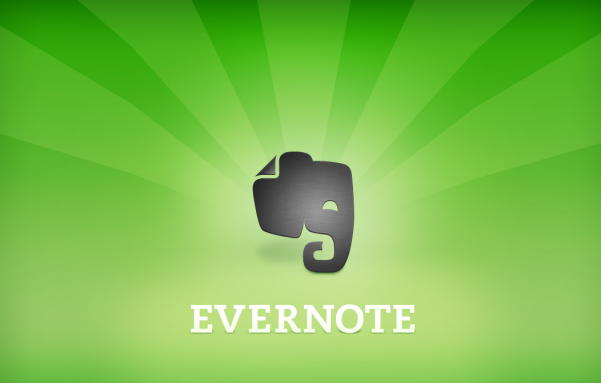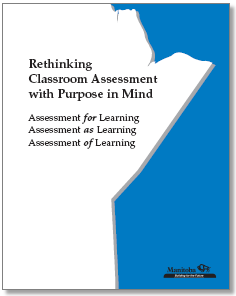We've been exposed to a lot of information this term and perhaps it was only fitting that the last few weeks were dominated by two major projects. The first was a collaborative group project that (for our small group of first-year pre-service teachers) proved to be a lesson in creating content in the cloud via google docs, communicating using mobile-based apps and sharing the responsibility of a large project.
[click through the presentation here: https://t.co/FViumGDe]I feel that we were all a little daunted by the open format of this lesson (our assignment contained a title to use for our presentation, and left the interpretation and delivery up to us), but within a week had the brunt of the data and ideas available on google Drive. One of the more difficult problems that presented itself was not so much the content itself, but rather the matter in which to present it. We discussed (face to face) whether we had an argument to make, or whether to follow a more general "The More You Know..." format (via 1980's Bill Cosby, thanks to archival footage from NBC).
In the end, Bill won out - but that didn't stop the presentation from taking a debate-style approach at times as we often disagreed as to what was 'good', 'bad' or 'ugly'. That conversation was, interestingly to me, the beginning of a thought that I've talked about previously in another post. Our group debate focused on the positive and negatives of open-source resources such as Wikipedia, with both pros and cons raised. The short of the argument is that the internet is neither good or bad, but like any tool, highly politicized for its various low and high points.
Our peers also made amazing presentations that utilized wiki's, back-channeling (via todaysmeet.com), and a mobile-based realtime survey. While each group made very thorough arguments, I was particularly impressed by notions of a traffic light system for Bring Your Own Device (BYOD) usage; and the wiki on 'How not to steal' - a highly valuable skill for anyone in the digital age.
The same group behind the wiki also presented on Creative Commons - and it brought to mind that we may have a problem admitting that any idea (blog, essay, presentation) is not entirely original. I wonder if we can better support the sharing of where ideas come from, in order to teach children that it is great (and important and needed to avoid plagiarism) when using resources. Perhaps emphasizing that others will read the same material and come away with very different perspectives, that their view of that material is (in itself) unique and original?
Finally, as part of our final assignment, each of us (in #I4Ed) presented a reflective piece about what we have learned this term. Generally, many of us utilized a piece of social media called Slideshare to upload PowerPoint-esque presentations online that contained an audio or video component. Awesome as it sounds, it was not a simple process as Slideshare required a separate recording of the audio to be uploaded, thus eliminating any work that some students had previously done with PowerPoints audio recording extension. Several of us utilized the WhatsApp chat group we had used in the previous group project to troubleshoot through the process and share tips (big thanks go out to @Affleck24 and @mslinzebraun for attempting it first!).
While attempting to get a handle on the past nine weeks was definitely a scramble, as an exercise in reflection - before heading out into our field experiences - I feel that it was a needed assignment just to revisit everything that we had covered this semester. Archived WhatsApp chats provided both commentary and context, while blog posts became my class notes. Bookmarking of websites via diigo.com (love that diigo dates items when they are tagged!) aided hugely in adding depth to ideas from each of our presenters; while I kicked myself in the same breath for not 'favorite'ing more useful tweets.
In Σ, much thanks goes out to Prof. Mike Nantais (pronounced na-da, for those not in the know) on behalf of a small cohort of First-Years for generally saving the semester. Looking forward to another awesome semester in the fall! Till then...









/~/media/Infographics/Trend%20Data/Teens/July%202011/Teen_Gadget_Ownership.jpg?w=514&h=308&as=1)








